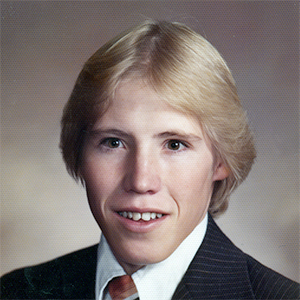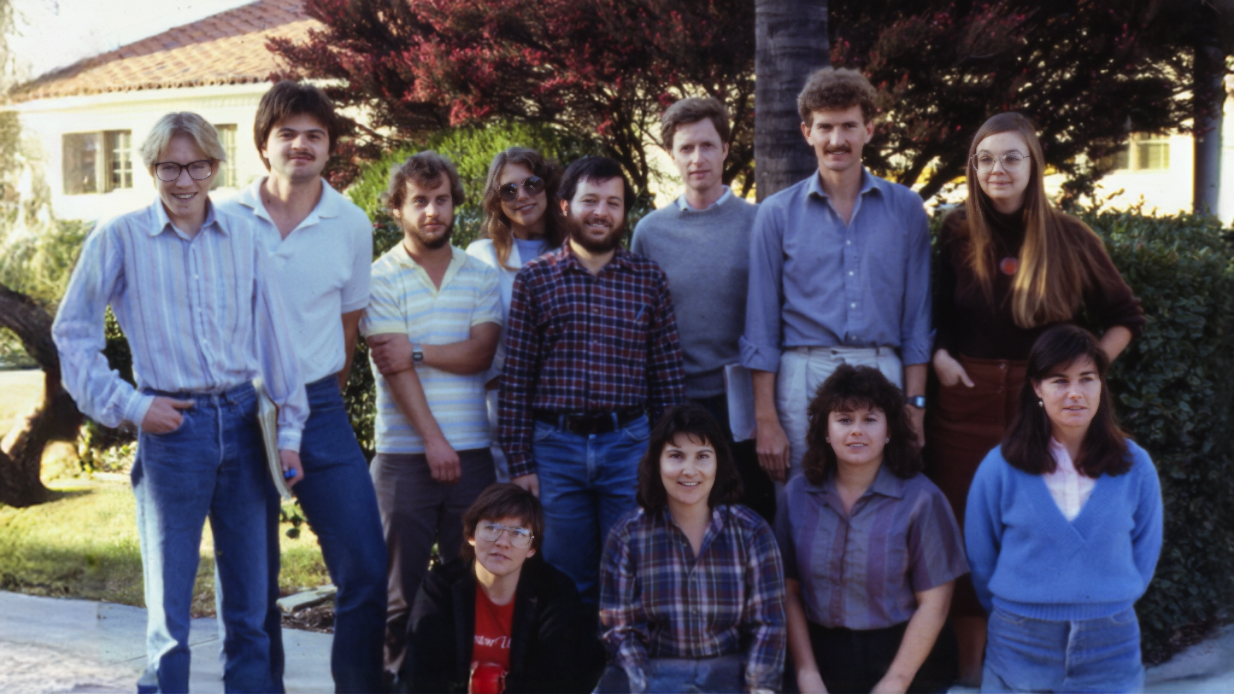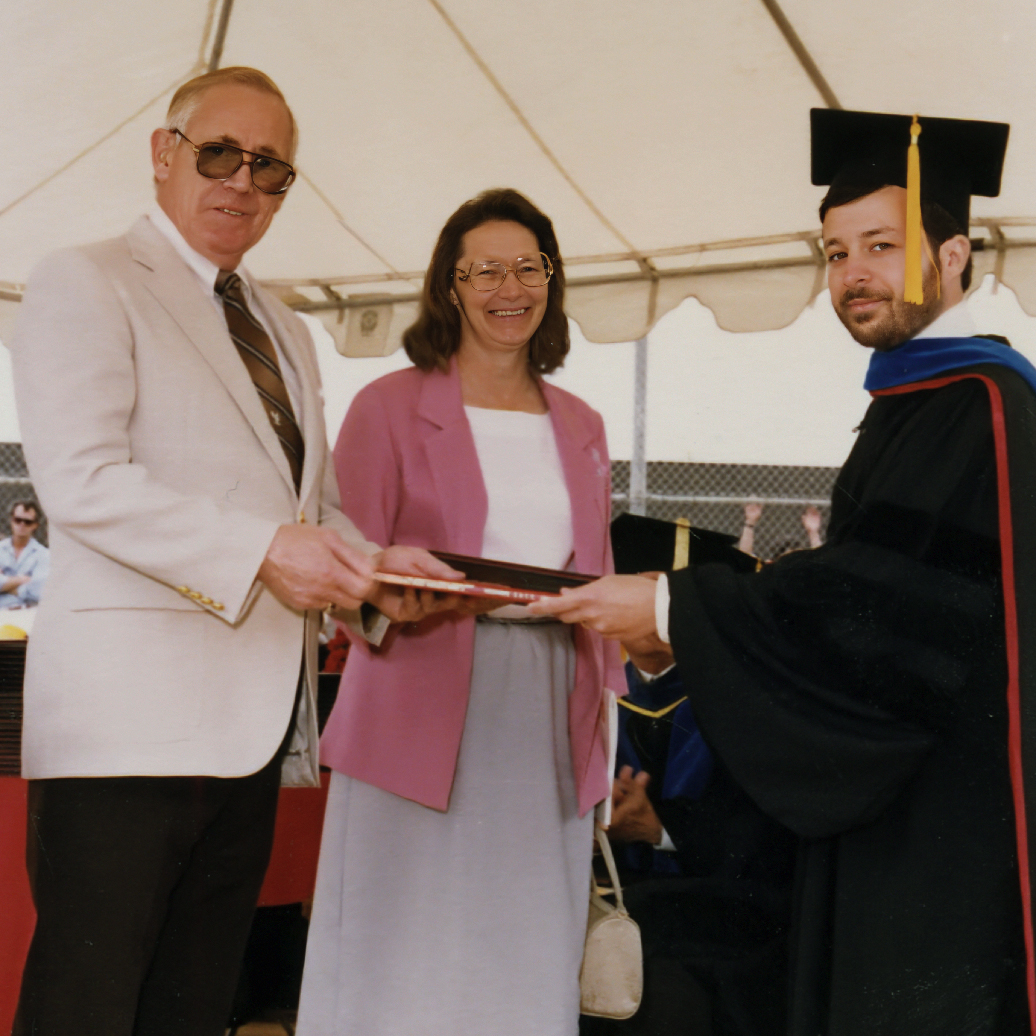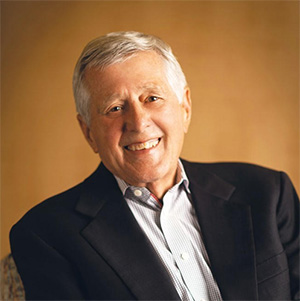Memorial Lecture on Genetic Disease Research
About Donald Wassenberg

This lecture is dedicated to the memory of Donald “Buzz” Wassenberg, a Master’s degree candidate at San Diego State University at the time of his death in 1986. He died of cystic fibrosis at the age of 26. Buzz was an outstanding individual, both personally and professionally. He displayed an enthusiasm about life that was not dampened by the severe medical problems he faced. His approach to science was innovative and generated excitement regarding new experimental ideas and results.
Buzz had completed his laboratory research in Dr. Sandy Bernstein’s laboratory and had begun writing his thesis before his death. SDSU awarded his Master’s degree posthumously at the spring 1987 graduation, where Dr. Bernstein presented the completed thesis and the degree to Buzz’s parents. This research was subsequently published in the Journal of Biological Chemistry. We have begun an endowment fund to honor his memory and inspire his peers and colleagues. This allows us to bring top investigators to SDSU to present recent advances in genetic disease research.


Dear Friends,
We need help maintaining an endowment fund for this seminar series. Please take a moment to donate online or send a check to:
The Campanile Foundation
Manchester Hall
San Diego State University
5500 Campanile Drive
San Diego CA 92182-8035
Checks should be payable to the Campanile Foundation and marked for the Wassenberg Lecture Series. Alternatively, you can give Dr. Sandy Bernstein funds to deposit into the account.
Recent Lecture

Title
Responding to Patients with Pathogenic Nano-Rare Mutations: The n-Lorem Approach and Experience
Date
September 25, 2025
Speaker
Stanley T. Crooke, M.D., Ph.D.
Founder, Chairman and CEO of n-Lorem Foundation
Host
Dr. Sanford Bernstein
Distinguished Professor of Biology, Emeritus
Location
Donald P. Shiley BioScience Center
Gold Auditorium

